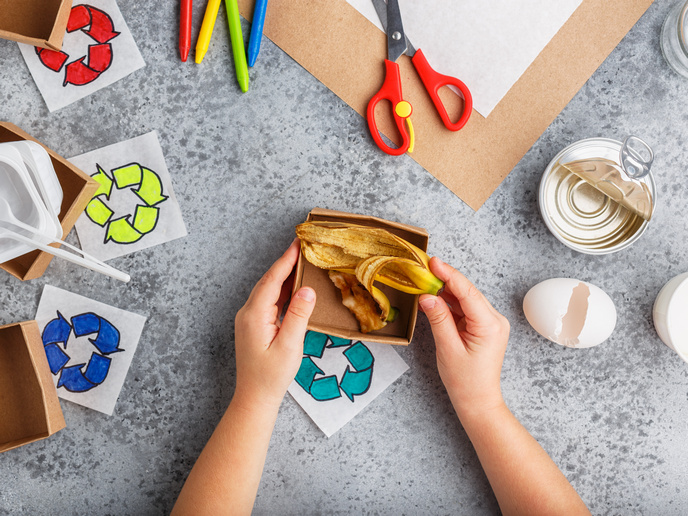Expanding science education beyond school walls
Open schooling constitutes a diverse educational approach that extends learning opportunities beyond traditional classrooms, transcending barriers of time and access. This open approach not only fosters scientific literacy among students but also encourages them to pursue careers in science. Despite the support from national and local educational authorities, a cohesive connection between schools, communities, museums and workplaces is currently lacking. Bridging this gap demands coordinated international efforts over time, reflecting the notion of opening schools to society.
Engaging students with the wider community
The EU-funded SALL project aims to advance open schooling by fostering collaboration in science education, envisioning schools as living labs integrated within society. The goal is to encourage schools to cooperate with stakeholders and create new partnerships in local communities, enhancing overall wellbeing. SALL builds upon the foundation laid by the OSOS project, the influential EU-funded project that pioneered the concept of open schooling. OSOS demonstrated how involving local communities in the teaching and learning process can drive inclusive and innovative societies. This involvement allows students to obtain a better understanding of global and local challenges as well as the relevance of science and technology in addressing them. “The ultimate goal is to enhance students' problem-solving and collaboration competencies, making science education more relevant and inclusive,” states project coordinator Pavlos Koulouris. At Makrygialos Primary School, Greece, students engaged in a living- lab school project on mussel farming, accompanying farmers on a boat out to sea and witnessing firsthand the impact of climate change on the local environment. This experience highlighted how such farming can sustain ecosystems and supports livelihoods, emphasising the critical link between the environment and community welfare.
Living lab methodology
The SALL team co-created the living lab methodology as a technique for the development of open schooling activities linked to science learning in Europe’s schools. Hundreds of teachers and schools across Europe enthusiastically adapted the methodology to suit their own needs and circumstances, generating inspiring school projects. SALL living-lab projects revolve around real-life problems drawn from students’ experiences, working closely together with societal actors from the local community. Initially focused on food topics, these activities progressively expanded to all thematic areas, including green and digital issues. The portfolio of SALL projects offers rich inspiration for those embarking on their own open schooling journey. It showcases examples from projects that have been implemented in schools across Europe, ranging from school gardens and promoting greener local food production, to analysing eating behaviour, composting food waste and protecting wildlife.
Impact of open schooling
SALL’s community platform welcomes everyone who wants to find, share and interact with school-based living lab activities. By applying SALL’s living lab-based educational methodology, school communities can seamlessly integrate the open schooling approach into their daily practice, incorporating project-based, experiential learning into their curricula. Evidence from participating schools suggests that the living-lab-based open schooling approach can have a positive impact on students’ self-esteem and civic engagement. Policy briefs ensure that such open schooling projects will find their way in Europe’s schools. “Initiatives like OSOS and SALL make science teaching a shared responsibility among leaders, teachers, students and the community, fostering responsible citizenship in European schools,” emphasises Sofoklis Sotiriou, head of Research and Development at Ellinogermaniki Agogi.
Keywords
SALL, open schooling, science education, local community, experiential learning, living lab, school projects



